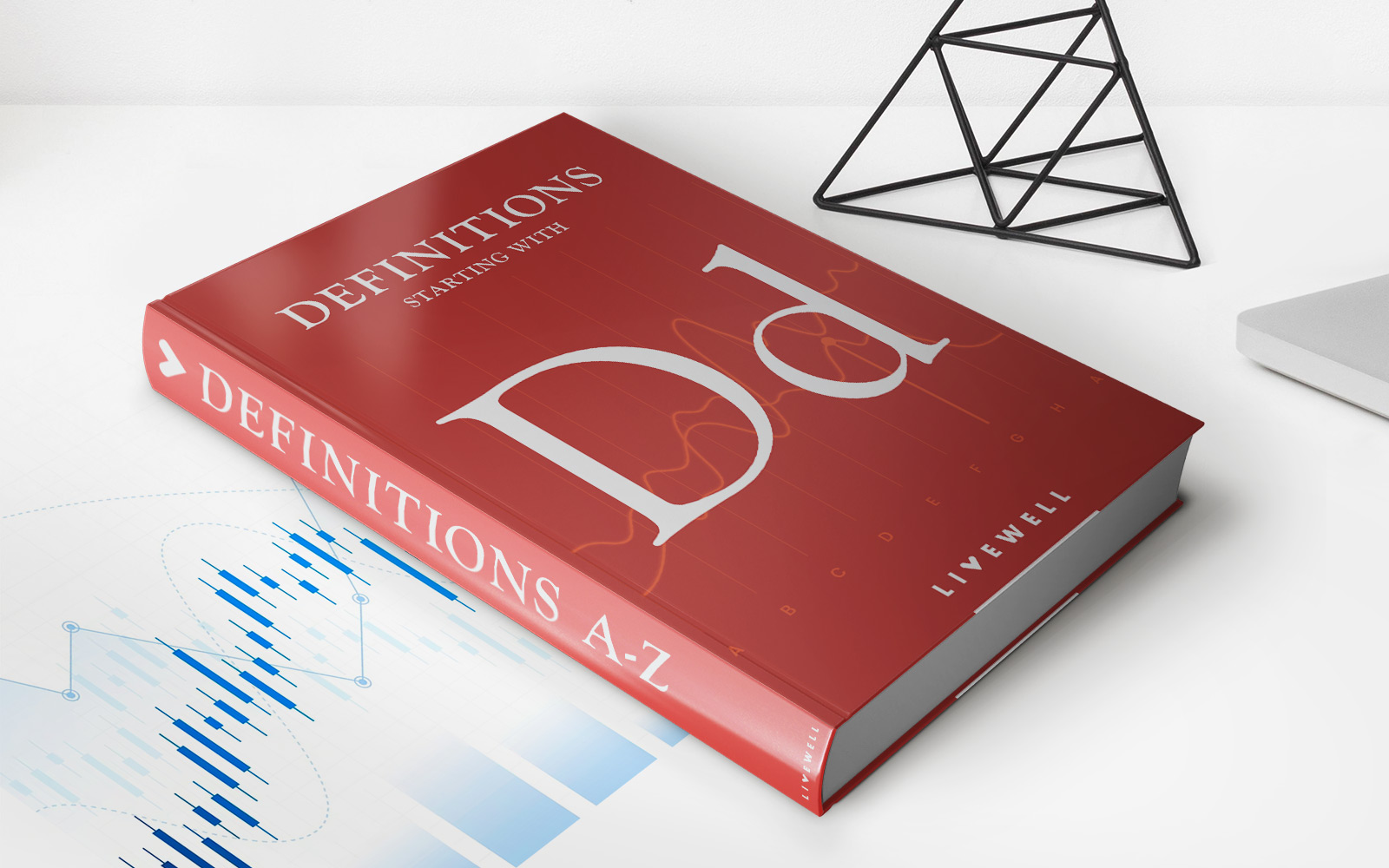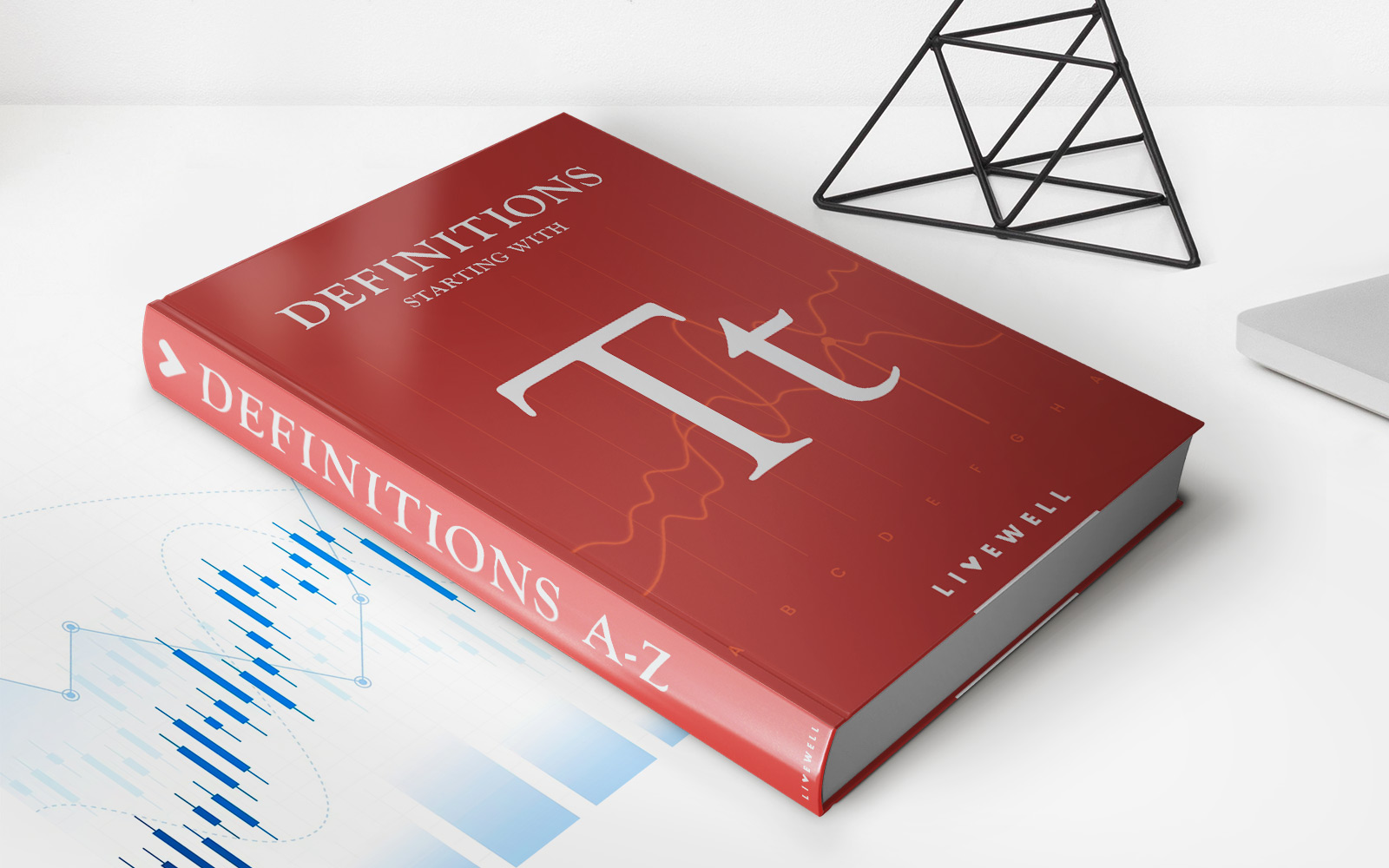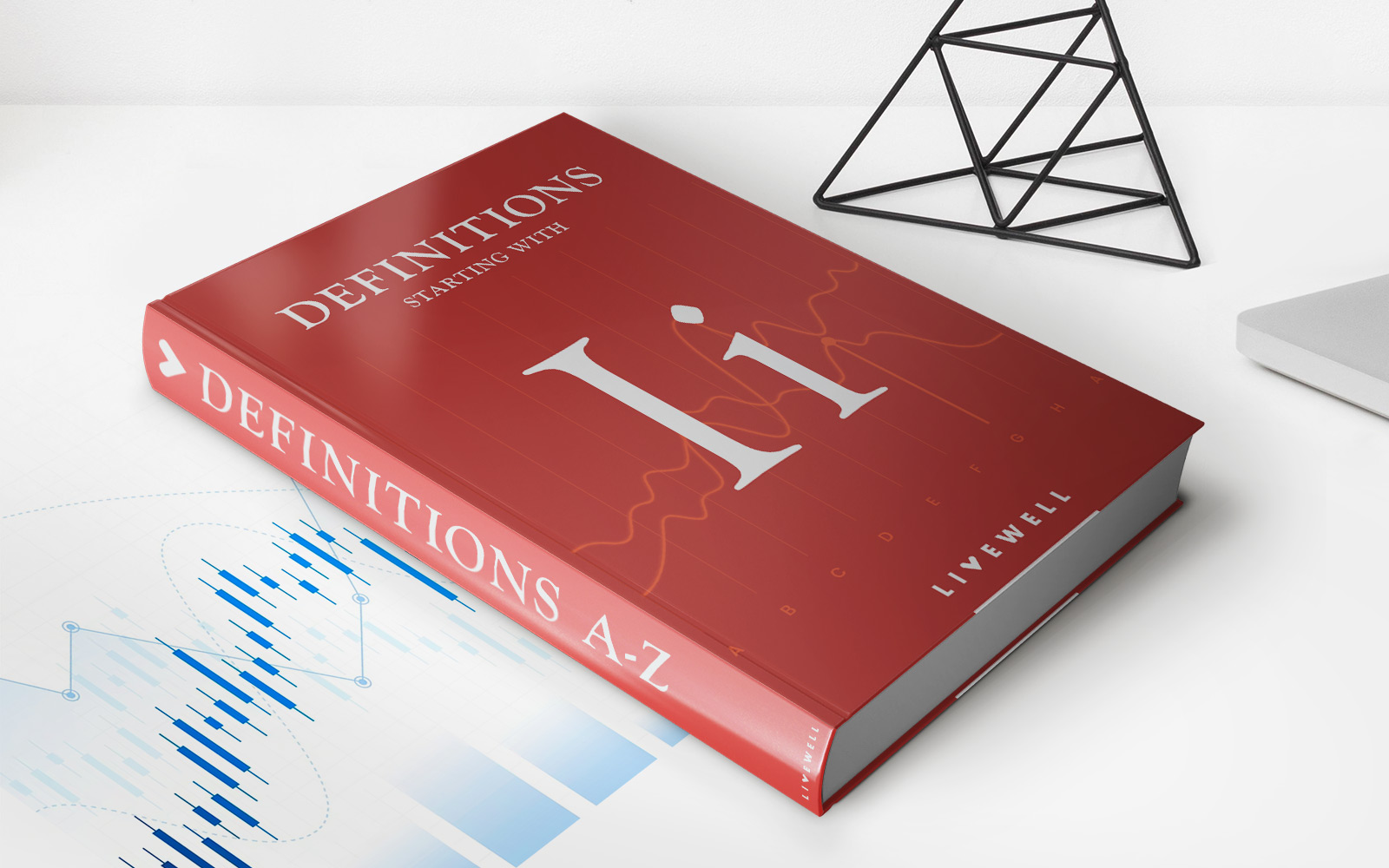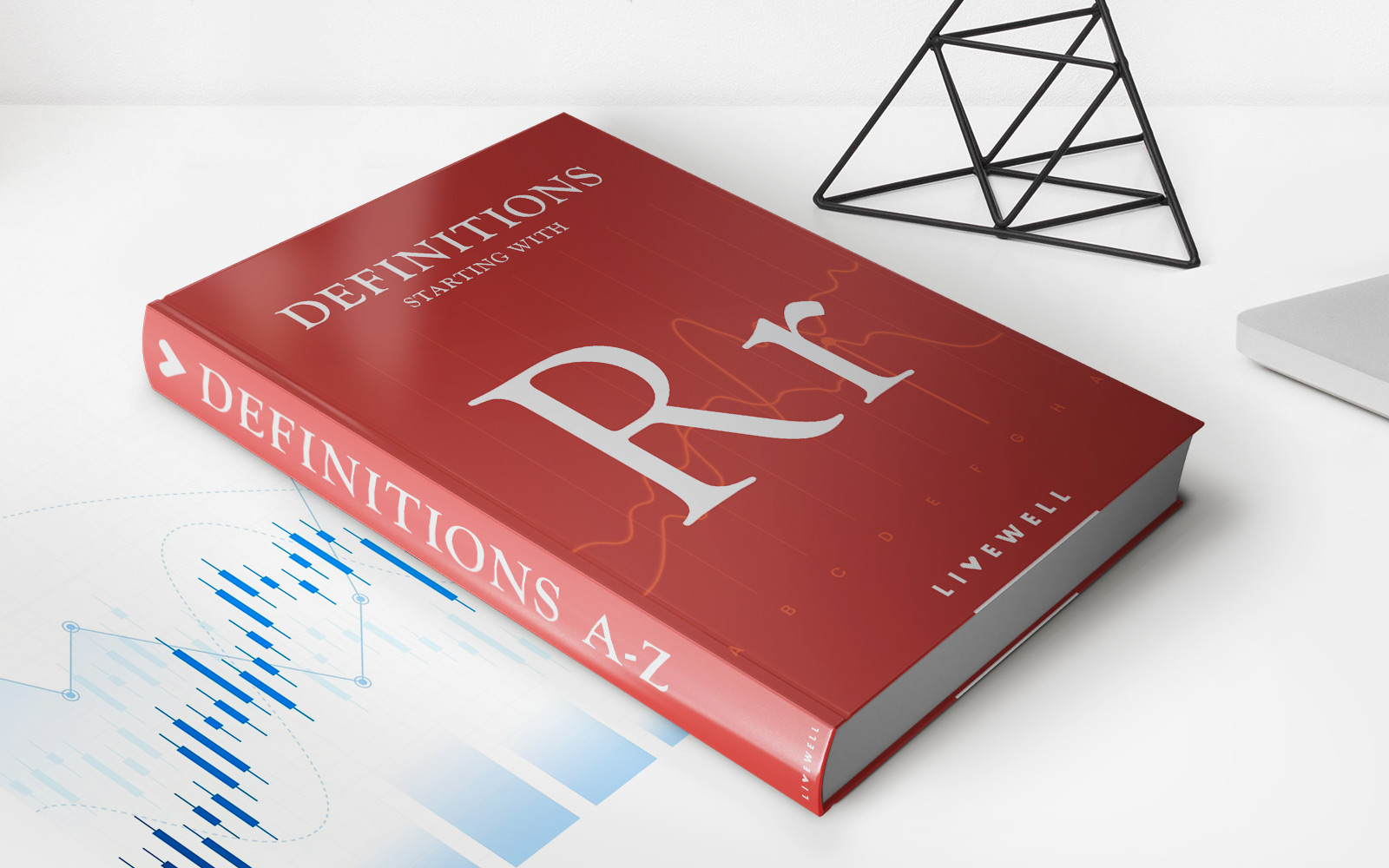

Finance
Wealth Tax: Definition, Examples, Pros & Cons
Published: February 17, 2024
Learn about wealth tax in finance, its definition, examples, and the pros and cons. Gain insights into how this tax can impact your financial situation.
(Many of the links in this article redirect to a specific reviewed product. Your purchase of these products through affiliate links helps to generate commission for LiveWell, at no extra cost. Learn more)
Welcome to the World of Finance: Exploring Wealth Tax
When it comes to managing our finances, it’s essential to understand the various concepts that impact our economic well-being. One such concept that often garners attention is wealth tax. In this article, we will take a deep dive into the world of wealth tax, exploring its definition, providing examples, and discussing its pros and cons.
Key Takeaways:
- Wealth tax is a form of taxation that is levied on an individual’s net wealth.
- It aims to address wealth inequality and generate revenue for the government.
What is Wealth Tax?
Wealth tax is a type of taxation system that is levied on an individual’s net wealth, including assets such as property, investments, cash, and personal belongings. It aims to address wealth inequality by redistributing wealth and generating revenue for the government.
Examples of Wealth Tax
Let’s take a look at a couple of examples to illustrate how wealth tax works:
- Example 1: Imagine Mr. Smith, a wealthy individual with a net wealth of $10 million. If the wealth tax rate is set at 1%, Mr. Smith would owe $100,000 in wealth tax annually.
- Example 2: Mrs. Johnson, another individual with a net wealth of $5 million, is subject to a wealth tax rate of 2%. She would owe $100,000 in wealth tax each year.
Pros of Wealth Tax
- Promoting wealth redistribution: Wealth tax helps to address the concentration of wealth among a small percentage of the population, promoting a more equal distribution of resources.
- Revenue generation: Wealth tax can provide governments with a significant source of revenue, which can be used to fund public services, infrastructure, and social welfare programs.
- Encouraging economic stability: By decreasing wealth inequality, wealth tax can contribute to social and economic stability, reducing potential social unrest that might arise from extreme wealth concentration.
Cons of Wealth Tax
- Administration and compliance: Implementing and enforcing wealth tax can be complex and costly, requiring extensive administrative efforts and resources.
- Wealth flight and capital flight: High wealth tax rates may incentivize wealthy individuals to move their assets or even relocate to jurisdictions with more favorable tax policies, potentially resulting in a loss of tax revenue for the country implementing the wealth tax.
- Impact on entrepreneurial activities: Wealth tax may discourage entrepreneurship and investment by reducing the incentives for wealth accumulation and capital formation.
Overall, wealth tax is a concept that aims to address wealth inequality and generate revenue for the government. While it has its pros in terms of promoting wealth redistribution and revenue generation, it also comes with potential challenges such as administrative complexities and the risk of capital flight. Ultimately, the effectiveness of wealth tax depends on various factors, including its implementation, the tax rate, and the specific economic and social context in which it is applied.
Takeaways:
- Wealth tax is a form of taxation that is levied on an individual’s net wealth.
- It aims to address wealth inequality and generate revenue for the government.
- Examples of wealth tax include levying a percentage on an individual’s net wealth.
- Pros of wealth tax include promoting wealth redistribution, revenue generation, and economic stability.
- Cons of wealth tax include administration and compliance challenges, the potential for wealth and capital flight, and the impact on entrepreneurial activities.
As with any financial concept, it’s important to gather as much information as possible before making any decisions. Understanding the definition, examples, and pros and cons of wealth tax allows individuals to have a well-rounded view and make informed choices regarding their financial planning. Stay knowledgeable and informed about these important concepts, and take control of your financial future!














